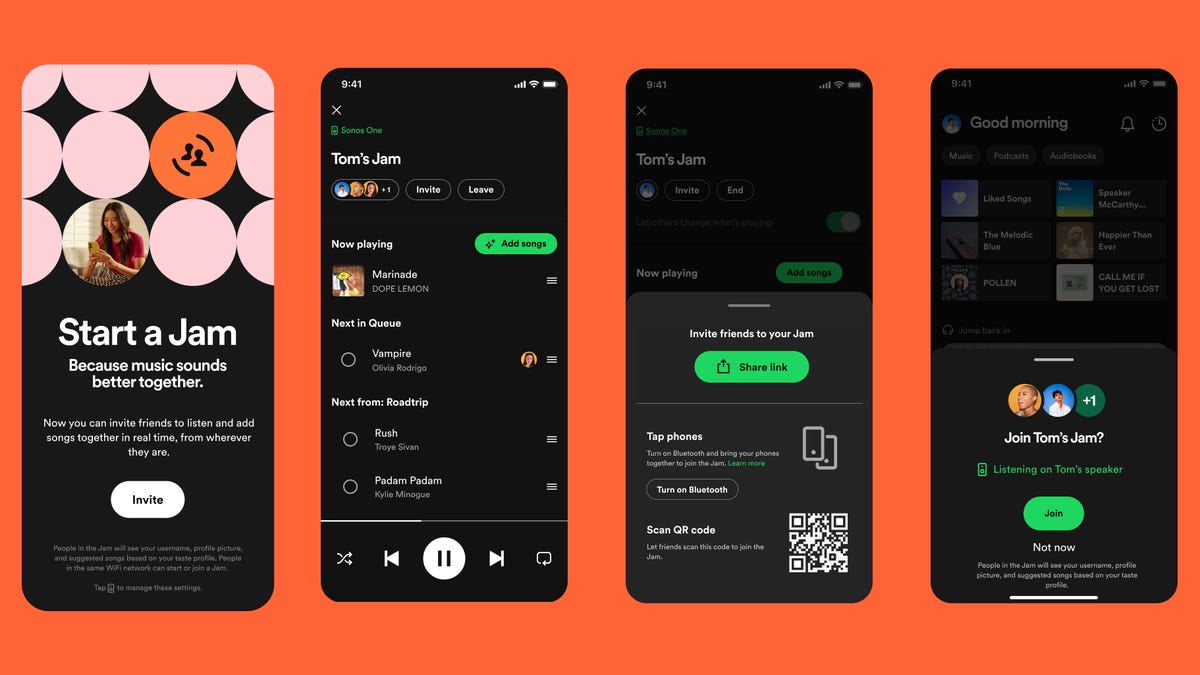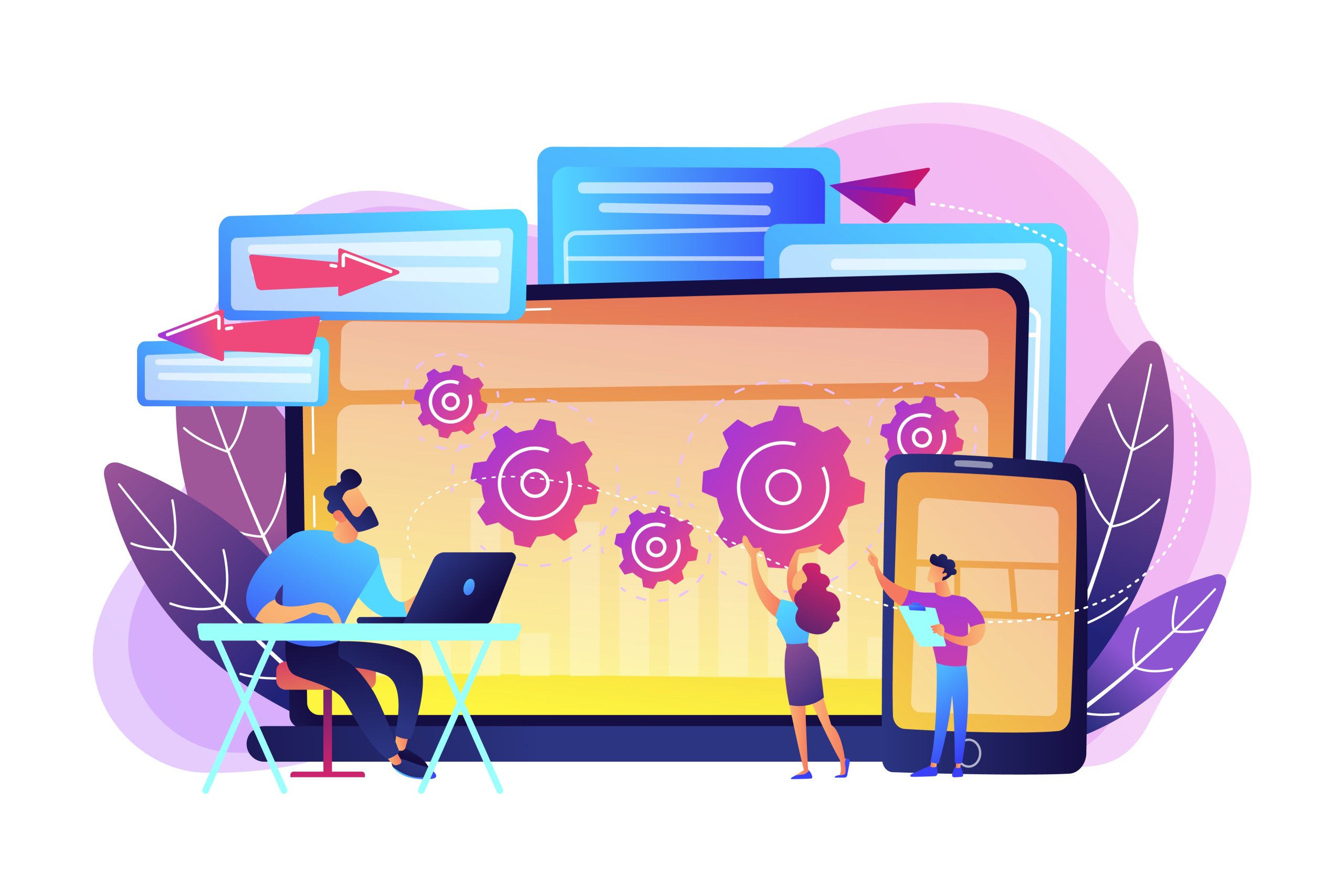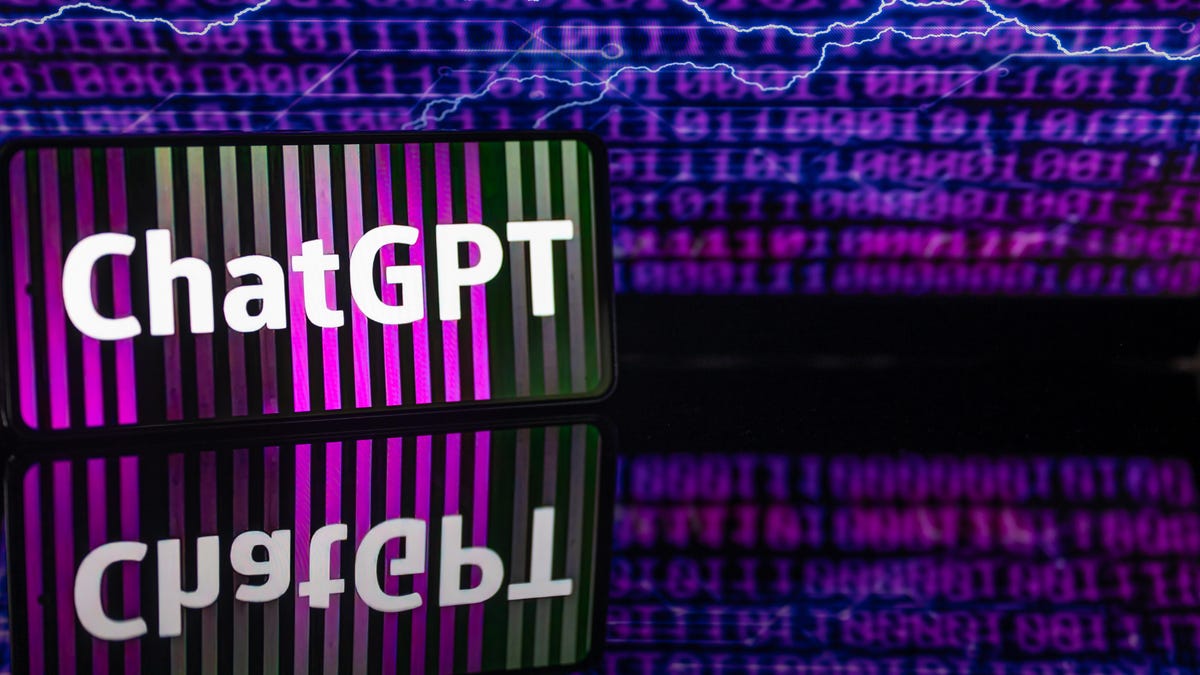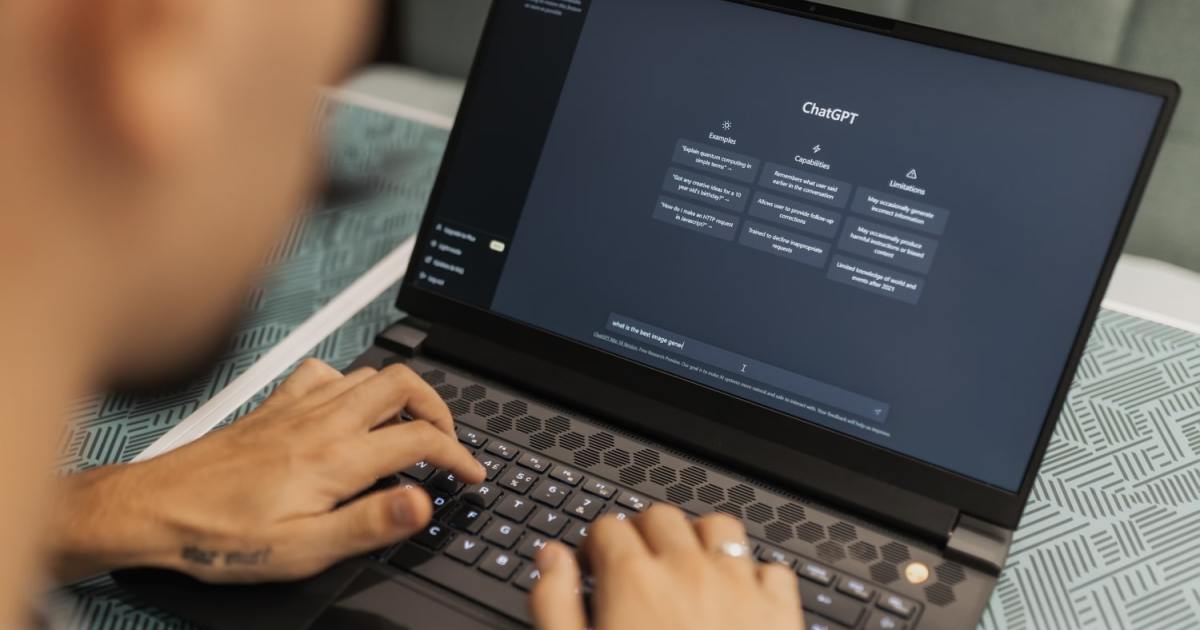Windows 11 transforming into Windows 12 | ENBLE
Windows 11 transforming into Windows 12 | ENBLE
Windows 12: The AI Revolution in Computing

Windows 12 is already making waves in the tech world. Although Microsoft has yet to formally announce the new operating system, their September 2023 event hinted at the upcoming release. The focus of the presentation was an AI assistant, known as Copilot, that aims to revolutionize the Windows experience. This AI companion integrates information from the internet, work-related data, and your current PC tasks, offering a range of AI features to numerous default apps. It collects data from your calendar, email, documents, and more to assist in quick text and email composition. But Copilot doesn’t stop there; it extends into the Windows operating system, allowing users to control various aspects of their desktop experience through voice or text commands. From enabling dark mode to launching apps, the possibilities are endless.
One of the key features of Windows 12 will be its heavy reliance on AI. Microsoft is setting up AI as the driving force behind the modernized OS. Reports suggest that the next major version of Windows, which is expected to be released in 2024, will be centered around AI. This transition has been evident for months with the introduction of AI-powered tools and features within the Windows ecosystem. Bing Chat, which was integrated into the Edge browser earlier this year, brought AI capabilities to users, while Copilot for Microsoft 365 offers assistance in various tasks, such as document creation, email scanning, and presentation making. By gradually introducing users to these AI-powered tools, Microsoft hopes to avoid the backlash it faced during the Windows 11 transition.
However, the road to Windows 12 hasn’t been without its challenges. Windows 11 encountered a shaky launch due to the requirement of Trusted Platform Module (TPM) 2.0 encryption technology, causing frustration for those with incompatible motherboards. Performance issues, especially for gamers, coupled with bugs and UI changes, further hindered the adoption of Windows 11. As of August 2023, Windows 11 only holds a 23.17% market share, while Windows 10 remains dominant with 71.94%. Microsoft is hopeful that the fusion of AI with Windows will turn things around. During the September event, CEO Satya Nadella emphasized the potential of Copilot to revolutionize the way we work and engage with computers, comparing its significance to the PC, web, mobile, and cloud advancements of previous eras.
Windows users may be experiencing a sense of déjà vu with the introduction of Copilot. In 2015, Microsoft brought Cortana, a virtual assistant, to Windows 10. However, Cortana struggled to compete with other established virtual assistants and has since been removed from major platforms. The standalone Cortana app on Windows will also cease to be supported in late 2023, making way for Copilot to take the spotlight. While Copilot seems practical and useful, there are reservations among users who have grown accustomed to the traditional Windows experience. Windows 11 itself has gone through significant changes since its launch, and the introduction of Copilot signals Microsoft’s strong push towards AI, setting the stage for Windows 12 to fully embrace the AI revolution.

It’s still early to determine the impact of AI on Windows, but Microsoft’s confidence in this direction is clear. The company is betting big on the potential of AI to transform computing. As we move towards the future, Windows 12 (or whatever name it may adopt) holds the promise of a more intuitive and intelligent operating system. With Copilot at the helm, AI will shape the way we interact with our PCs, streamlining tasks and enhancing productivity. Microsoft’s vision for the future of Windows is ambitious, and we can only hope that it delivers on its promise of a revolutionary computing experience.






